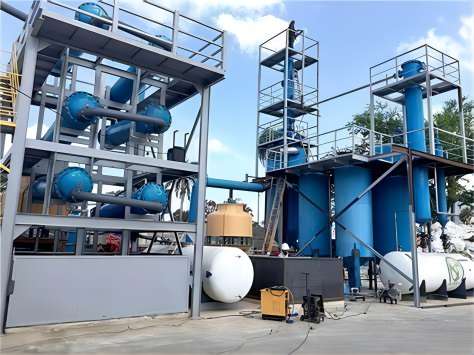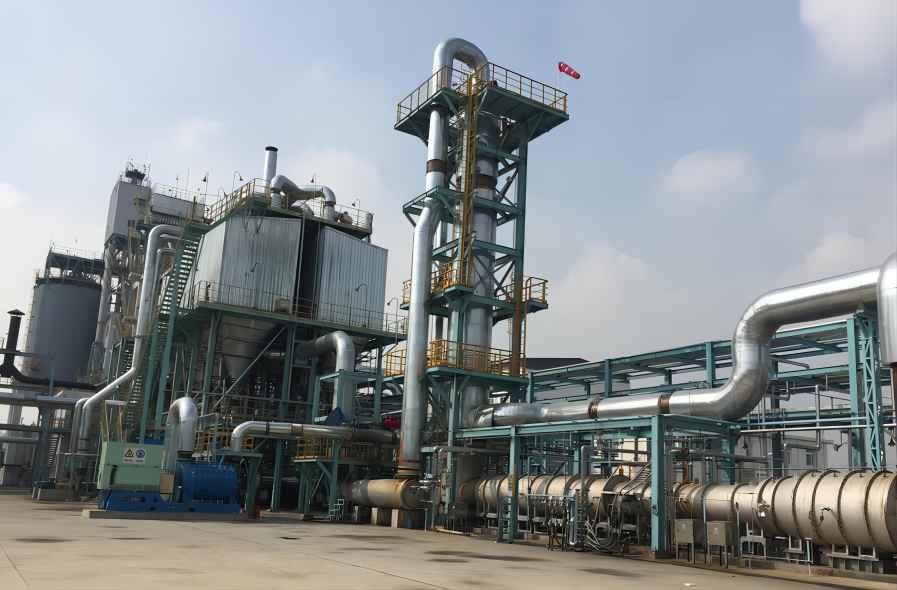The Benefits of Recycling Used Engine Oil
Engine oil is a vital lubricant that helps to keep your car’s engine running smoothly. However, after it has been used, engine oil can become contaminated with dirt, metal particles, and other harmful substances. If it is not disposed of properly, used engine oil can pollute soil and water, and can also lead to air pollution.
That’s why it is so important to recycle used engine oil. Recycling used engine oil helps to protect the environment and conserve resources. It also creates jobs in the recycling industry.

What is Engine Oil?
Engine oil is a lubricant that is used to reduce friction between moving parts in an engine. It also helps to clean the engine and prevent rust and corrosion. Engine oil is made from base oil, which is a mixture of petroleum and other additives. The additives in engine oil help to improve its performance and protect the engine.
How is Engine Oil Used?
Engine oil is typically changed every 3,000 to 5,000 miles. When the oil is changed, the old oil is drained from the engine and replaced with new oil. The old oil should be recycled, not thrown away.
What are the Environmental and Health Hazards of Improperly Disposed Engine Oil?
Improperly disposed of engine oil can pollute soil and water. When engine oil is released into the environment, it can seep into the ground and contaminate groundwater. It can also enter waterways, where it can harm fish and other aquatic life.
In addition to environmental hazards, improperly disposed engine oil can also pose health risks. When engine oil is burned, it releases harmful pollutants into the air. These pollutants can cause respiratory problems, such as asthma and bronchitis.
The Benefits of Engine Oil Recycling
There are many benefits to recycling used engine oil. Recycling used engine oil helps to protect the environment and conserve resources. It also creates jobs in the recycling industry.
Here are some of the specific benefits of engine oil recycling:
- Reduces the amount of waste sent to landfills. When used engine oil is recycled, it is not sent to landfills. This helps to reduce the amount of waste that goes into landfills, which can help to protect the environment.
- Prevents oil spills and contamination of soil and water. When used engine oil is disposed of properly, it is not released into the environment. This helps to prevent oil spills and contamination of soil and water.
- Conserves resources and reduces the need for virgin oil. When used engine oil is recycled, it can be used to make new oil. This helps to conserve resources and reduce the need for virgin oil.
- Creates jobs in the recycling industry. The recycling of used engine oil creates jobs in the recycling industry. This helps to boost the economy and create a more sustainable future.

How to Recycle Engine Oil?
There are many ways to recycle used engine oil. Here are a few options:
- Take it to a local recycling center. You can find a local recycling center that accepts used engine oil by searching online or calling your local waste management company.
- Drop it off at an auto parts store or oil change shop. Many auto parts stores and oil change shops also accept used engine oil for recycling. You can find a list of participating stores in your area by searching online or calling your local auto parts store.
- Mail it to a recycling company. There are also a number of companies that will mail you a free oil recycling kit. This kit includes a container for used oil and a prepaid shipping label. You can find a list of these companies online.
Conclusion
Engine oil recycling is an important environmental and economic responsibility. By recycling used oil, we can help protect our planet and create a cleaner future. If you are looking for a used oil recycling machine manufacturing company for your projects, PurePath, with a lot of experience in completing used oil recycling projects around the world, is a good choice for you.







